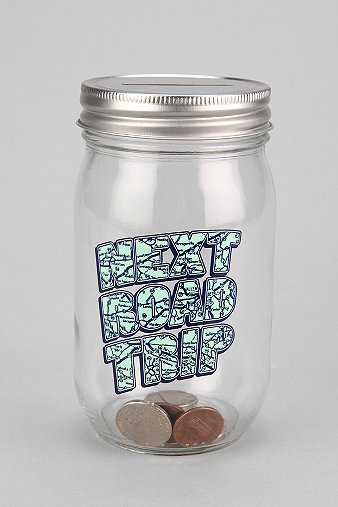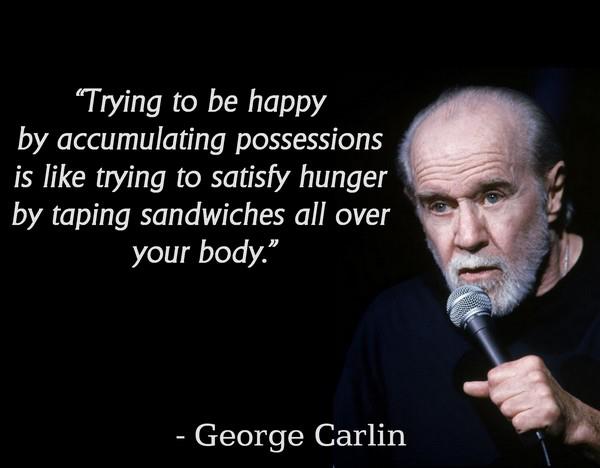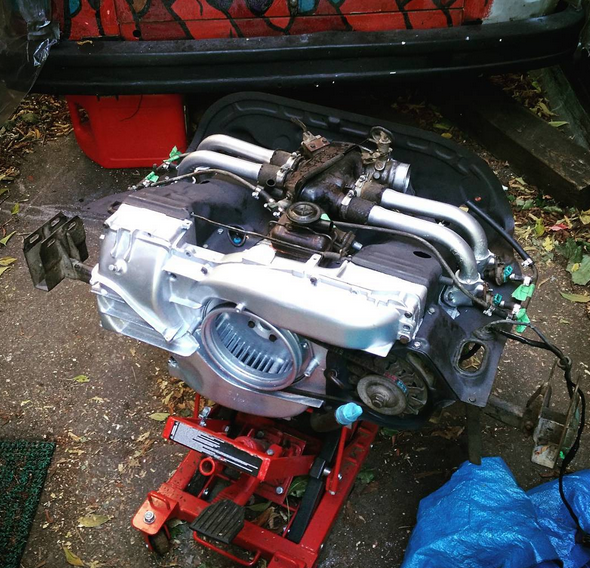Amongst my friends and family, I am usually pegged as the habitual traveler. A question I am often asked is, “How do you afford to do all this travel”. So I thought I would give my top tips to save money for your next epic adventure.
My father once told me, “It’s not how much you make. It’s how much you spend”. You don’t have to be rich to have the money to travel. You just need to be good at managing and saving your money. And if you have the determination to travel, saving shouldn’t be to hard of a task.
Before I begin, I want to note that travel is often misconceived as being expensive. Depending on what regions you visit, you can travel for under $1000USD per month in places like South America and South East Asia. So with that in mind, here are ways to help you save for your next trip.
10. Cut back on going out. One of the biggest ways I save money for my adventures is by cutting back on going out to bars, restaurants and nightclubs. Going out is fun of course. It’s a great way to socialize, blow off some steam, meet new people and enjoy delicious food and drinks. It is also a great way to burn up your hard earned cash quick. Try to limit going out to once a week. If once a week isn’t enough, then try cutting back on the amount you spend. Maybe instead of going for dinner and drinks, do dinner at home and then go out for drinks.
9. Finding cheap or free entertainment. Don’t limit yourself to movies at the theater, restaurants, bars and clubs for your entertainment. Think of other options like the beach, the park, going for a bike ride, playing sports with friends, movie night at home, etc. There are lots of activities to keep you entertained that won’t drain your travel funds. Also see tip #6.

8. You’re never too old for a piggy bank. Sometimes having a physical stash can help you save money. If you physically put aside a set amount each week or every pay check, into a jar, it can help you to not spend that money on other things.
7. Buy used.
There is nothing wrong with buying used or second hand for some purchases. Many of my past cell phones, camera gear, and so on have been purchased secondhand and they have worked and been like new. Sites like www.craigslist.com and www.kijiji.com have a plethora of used items for sale that are in like-new condition.
6. Deal sites. Looking for a gym membership? Need to buy a gift for someone? Deal sites like www.groupon.com are great for getting deals on gifts, services and food.
5. Stop using plastic and try to carry large bills. I find that when I make purchases with credit or debit cards, I tend to spend my money more quickly and with less thought. If I am physically handing over cash, I think more about what I am spending. Additionally when I carry large bills around, I am less apt to make small purchases on things I don’t really need (chips, gum, etc) compared to when I have small bills and change.
4. Cut down on unnecessary purchases. This is another big one. Living in the consumerist society that we do, it is easy to get carried away with trends and technology. I think the majority of people I know could cut back on the amount of shoes and clothes they buy. Yes it’s nice to have nice new things, but they are just “things”. I can guarantee you that nothing you can buy will give you the same level of experience and enjoyment that travel can offer.

3. Pre-pack. I use to buy my lunch almost daily. When I started packing lunches it saved me quite a bit of money. The same goes for drinks and snacks. Headed to the beach? Plan ahead, you will probably get hungry and or thirsty at some point so plan accordingly.
2. Pick up a side gig. A side gig has two compounded advantages. For one it gives you a second income. Secondly it ties up more of your time keeping you occupied instead of bored and spending money. For me bartending has been my side gig over the past six years or so. What are your interests or skills? A side gig can be anything from mowing lawns to selling arts or crafts, walking dogs, blogging, etc.
1. Needs vs. Wants. This is probably the most important tip I have. Learn and truly understand the difference between “needs” and “wants”. I find many people confuse the two in daily living. People will want something and then create the inner narrative that they need it. When you consciously separate the two and think about it when the idea of “i need this” arises, you will find that you can skip many purchases as they are merely desires and not needs. I have created a whole blog post dedicated to this tip, feel free to check it out here: Motivational Thoughts: What do you really need?

And there you have it, my top 10 tips for saving. Saving does require some sacrifices. It may be hard but every time you are tempted to go out or spend money on something you want and don’t necessarily need, tell your self, “I could go out now and have one fun night, or I could save this money and pay for a week of travel in Asia”. When you put it into perspective like that and keep your eye on the prize, it makes making small sacrifices a lot easier to do.







